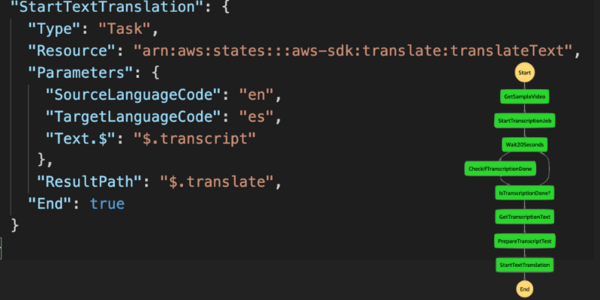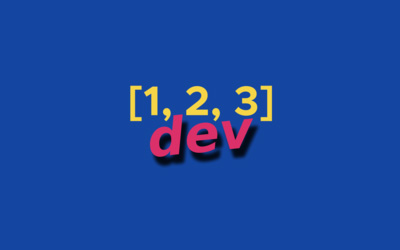Skills, stories, and software every dev should know - 123dev #40
Posted on October 15, 2021 • 4 minutes • 659 words

Comments
Laying a trap for yourself
I have lost track of how many times I’ve patched a bug only to have it come back and hit me in the head. Sometimes tests will help you avoid a self-made trap, but more often then not I’ll just push harder until it breaks.
Thorough code reviews can also help but in reality the only thing that has consistently helped me avoid a bruised ego is discussing my proposed fix BEFORE I do any work. Not only will they likely find something obviously wrong with my implementation, but usually I’ll find something wrong by explaining it to someone first (a.k.a. rubber ducking).
Luck
I was in a Twitter space this past week and someone asked how much of what I’ve done do I attribute to luck. I came to the conclusion that privilege is a synonym for luck and things in my past that I thought were extremely lucky were in fact my privilege in action.
The main difference between luck and privilege is one can happen in an instant and be good or bad. The other is an invisible system that benefits a particular class of people and is not easily removed.
As hard as I’ve worked in my life and as many obstacles as I’ve overcome I’ve been living on easy mode and there’s nothing lucky about that.
Links
My own experience with project management at various companies echos what is in this post. I always thought project management helped management reporting more than it helped engineering, and this quote from the post was particularly insightful
Optimizing for reporting is optimizing for a low-trust environment

How Big Tech Runs Tech Projects and the Curious Absence of Scrum - The Pragmatic Engineer — blog.pragmaticengineer.com A survey of how tech projects run across the industry highlights Scrum being absent from Big Tech. Why is this, and are there takeaways others should take note of?
There was a lot of AWS announcements this week and this was my favorite because it has the most potential to reduce the amount of code I need to write. I’ve written a lot of “glue lambdas” in my time and regularly suggest people use step functions to make lambdas more useful. These new integrations makes step functions just as powerful with less code.

Now — AWS Step Functions Supports 200 AWS Services To Enable Easier Workflow Automation | Amazon Web Services — aws.amazon.com Today AWS Step Functions expands the number of supported AWS services from 17 to over 200 and AWS API Actions from 46 to over 9,000 with its new capability AWS SDK Service Integrations. When developers build distributed architectures, one of the patterns they use is the workflow-based orchestration pattern. This pattern is helpful for workflow […]
I have been trying to grow my Twitter following this year and was not having much success for months. I thought tweeting regularly and engaging with RTs and likes would be all I needed. I was wrong.
After months of getting a few followers per day I started doing more research and switching up how I engaged on Twitter. This doesn’t have much to do with development, but I will say that tech twitter is a place I’ve been able to learn from and help a lot of people. Having even a small following on Twitter has given me a lot of opportunities in my career and if you’re interested I put some actionable advice in this thread.
Justin Garrison on Twitter: “I’ve been trying to grow my twitter following for the past month. I’ve gained 1000 followers (thank you 🙏). It doesn’t sound like much to some people but it’s a lot for me Here’s what I’ve learned 🧵” “I’ve been trying to grow my twitter following for the past month. I’ve gained 1000 followers (thank you 🙏). It doesn’t sound like much to some people but it’s a lot for me Here’s what I’ve learned 🧵”
